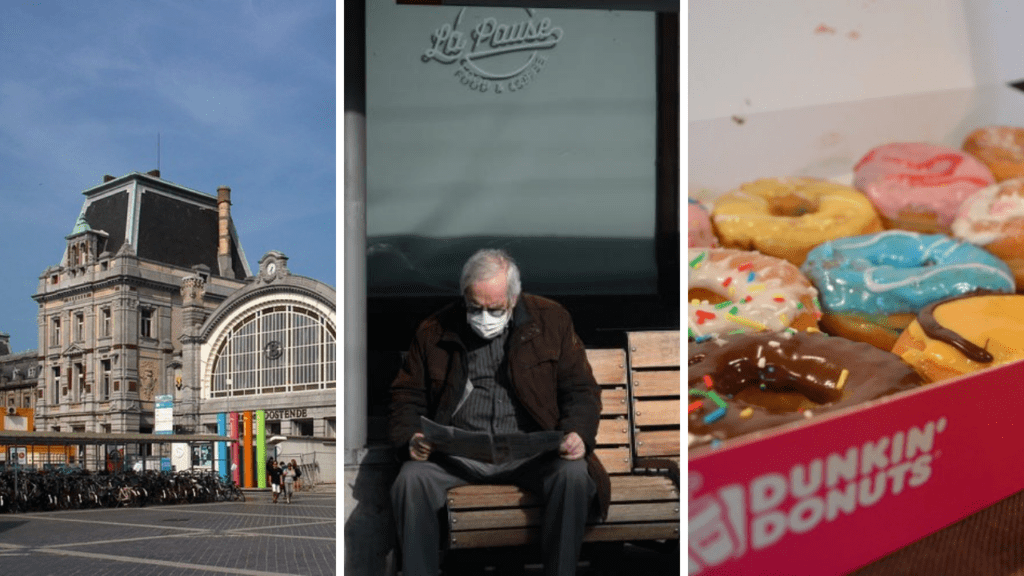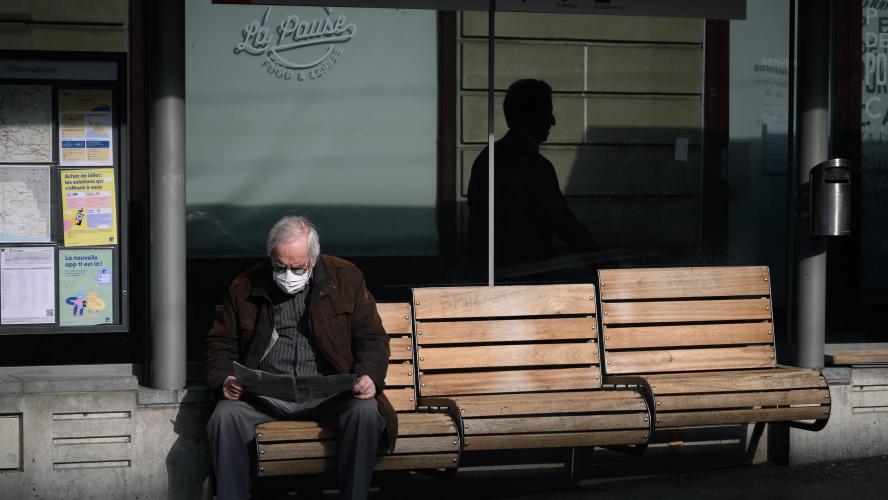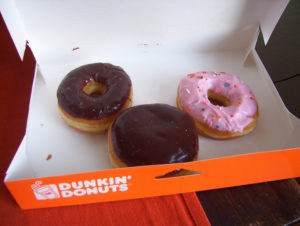The announcement that Belgian rail operator SNCB has refused to distribute free ten ride tickets to all Belgians in the immediate future has thrown a spanner in a widely supported plan, as the two sides continue to fight it out.
By saying no, the board of directors of the railway company is entirely opposing a decision by the so-called 'Superkern' - made up of government ministers and representatives of the ten parties supporting the government.
The decision to provide the free rail pass to all Belgians was instantly hit with criticism from CEO Sophie Dutordoir, who explained that in corona times, the move endangers the safety and health of passengers and staff. In addition, SNCB expects to lose €100 million in revenue as a result, De Tijd reported on Tuesday.
The SNCB Board of Directors thus decided on Monday to officially oppose the decision of the Superkern, according to the details seen by De Tijd. The railway company instead wants to postpone the implementation of such a decision on a large scale to a more favourable period for health.
The government, however, still wants it to go ahead, but more on that below.
Today we recap the latest figures, explain why Belgium destroyed 22 million masks, and show you the impact of a doughnut shop opening in Antwerp.
With so much information, and so little time to catch up before it potentially changes again, here are some of the top stories from around the country to get you up to speed.
Belgium in Brief is a free daily roundup of the top stories to get you through your lunch break conversations. To receive it straight to your inbox every day, sign up below:
1. Mobility minister insists on free Rail Passes scheme
François Bellot, federal minister for mobility, has told the national rail authority SNCB the government has no intention of going back on its promise to provide all Belgian residents with a free pass for ten railway trips.
Bellot’s insistence comes after the SNCB complained that it had not been consulted on the measure, agreed on 6 June by the so-called Superkern, made up of government ministers and representatives of other parties.
The SNCB argued that filling the trains by offering free tickets was not the best idea from a health point of view, and its board instructed CEO Sophie Dutordoir to inform the government that the plan could not be carried out in the form announced. Read More.
2. Why Belgium destroyed 22 million masks ahead of the crisis
Since the start of the coronavirus crisis, Belgium has scrambled to find enough face masks for the population, partly because it destroyed a strategic stockpile of millions of masks ahead of the outbreak. How did that happen?
In November 2018, the army barracks where over 22 million surgical masks were stored had to be emptied, as the terrain became the property of the city of Namur and the Red Cross would set up a refugee centre in its place.
Since another storage facility had not been found, the cabinet of Federal Health Minister Maggie De Block had given permission to tender for the destruction of the masks.
The masks had been purchased 12 years prior, out of concern for a bird flu epidemic in Belgium. However, an epidemic did not happen, and the masks turned out the be unnecessary. Read more.
3. 24 hospital admissions, 57 discharged in Belgium
89 additional people have tested positive for the new coronavirus (Covid-19) in Belgium in the last 24 hours, according to figures by the Federal Public Health Service on Wednesday.
This brings the total number of confirmed cases in Belgium, since the beginning of the pandemic, to 60,244. The total reflects all people in Belgium who have been infected, and includes confirmed active cases as well as patients who have since recovered, or died from the consequences of the virus.
42 of the newly-infected people live in Flanders, 42 live in Wallonia, and 5 live in Brussels. Read more.
4. Police break up crowds at Belgium’s first Dunkin’ opening
The opening of Belgium's first Dunkin' at 7:00 AM on Wednesday morning has already required police intervention after hundreds of people gathered outside of the store in Antwerp.
Following the announcement that the first hundred customers would receive a free box of doughnuts every week for one year, hundreds of customers had already lined up at 8:30 PM on Tuesday to await the opening, according to reports.
Initially, those interested were encouraged to camp in an orderly fashion on the De Keyserlei under the eyes of specifically hired security, however, as the evening went on police ultimately had to send people home for breaking the ban on gatherings. Read More.
5. The world pays birthday tribute to Eddy Merckx, 75
Belgian cycling legend Eddy Merckx yesterday turned 75 – or as he put it, “three times 25,” receiving birthday greetings from the nation and the world.
As well as visits from close friends at his home in Meise just outside Brussels, Merckx – de rigeur in these corona times – also received messages from cyclist Tom Boonen, national football captain Vincent Company and no less than Prince Albert of Monaco.
His biggest surprise, however, may have been the delegation from VTM and the newspaper Het Laatste Nieuws, who showed up at his door as arranged but also accompanied by three old cycling companions of Merckx: Jos De Schoenmaecker (72), Jos Spruyt (77) en Willy Vekemans (75). Read more.
6. Brabant Killers in Belgium: who were they?
On Tuesday, the Belgian Federal Police spread a new photo of a man to be identified as part of the investigation into the case of the so-called Brabant Killers, which has remained unresolved since the 80s.
It is not clear who the man is or if he is a suspect. However, he could be important to the case, according to the Federal Public Prosecutor’s Office. “He has been investigated, but they haven’t been able to identify him yet,” the office explained.
A gang known in Wallonia as ‘the Mad Killers of Brabant’ and in Flanders as ‘the Gang of Nivelles’ is at the centre of the criminal file, with police still working to determine their identities since the first of a string of murderous raids and burglaries that injured over 40 people across the country, and killed a combined 28 people, among which also children, between 1982 and 1985.
So who are they?
7. De Block accused of passive attitude towards coronavirus vaccine
Catherine Fonck, leader of the francophone Christian-democrat party in the house, expressed concern on Bel RTL on Wednesday about what she described as Belgium’s passive attitude regarding a coronavirus vaccine.
Public Health Minister Maggie De Block recently indicated that Belgium would remain within the framework of the process proposed by the European Commission, with joint negotiations at European level with pharmaceutical companies and the possibility of advance purchase contracts from the Member States. Read More.
Jules Johnston
The Brussels Times



